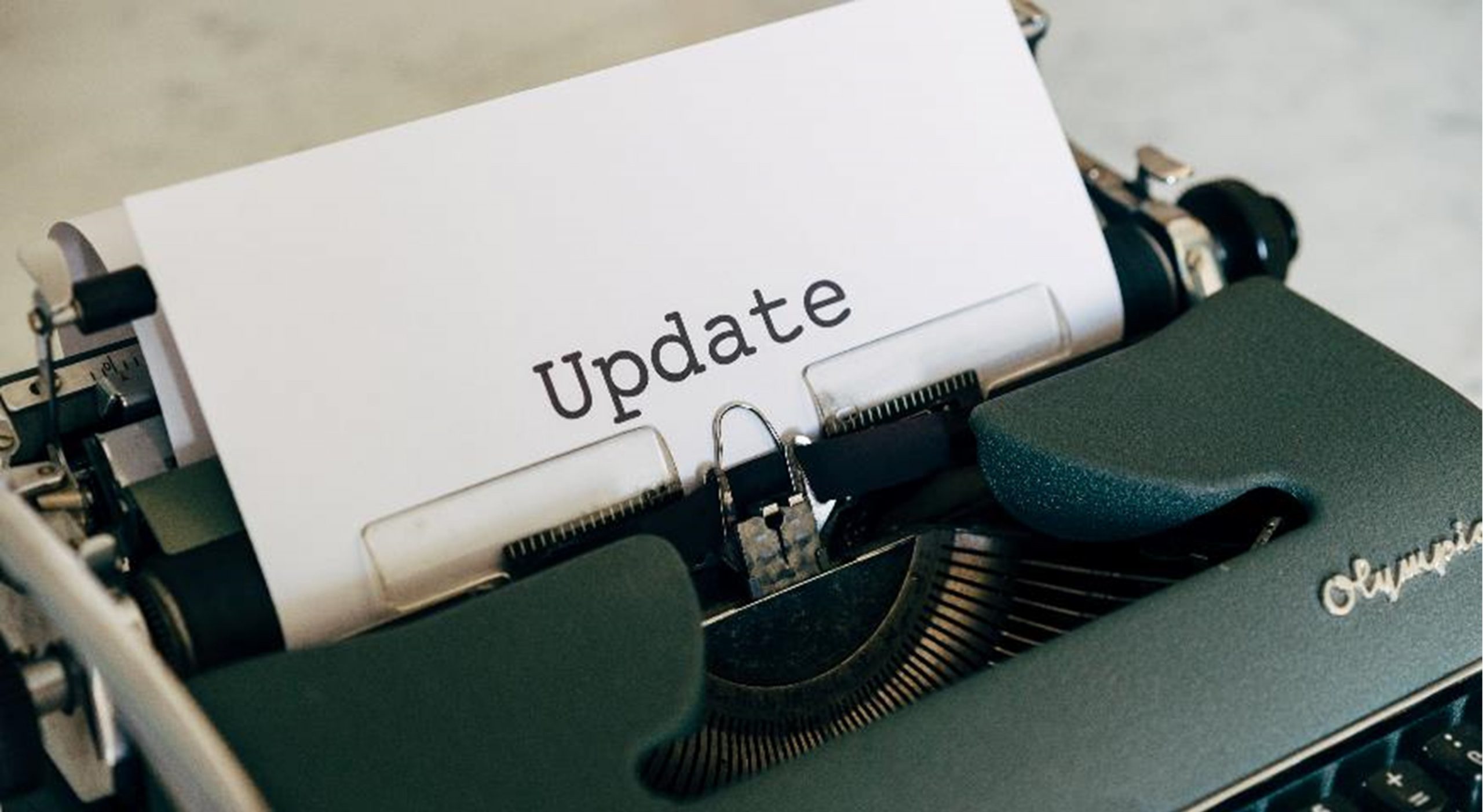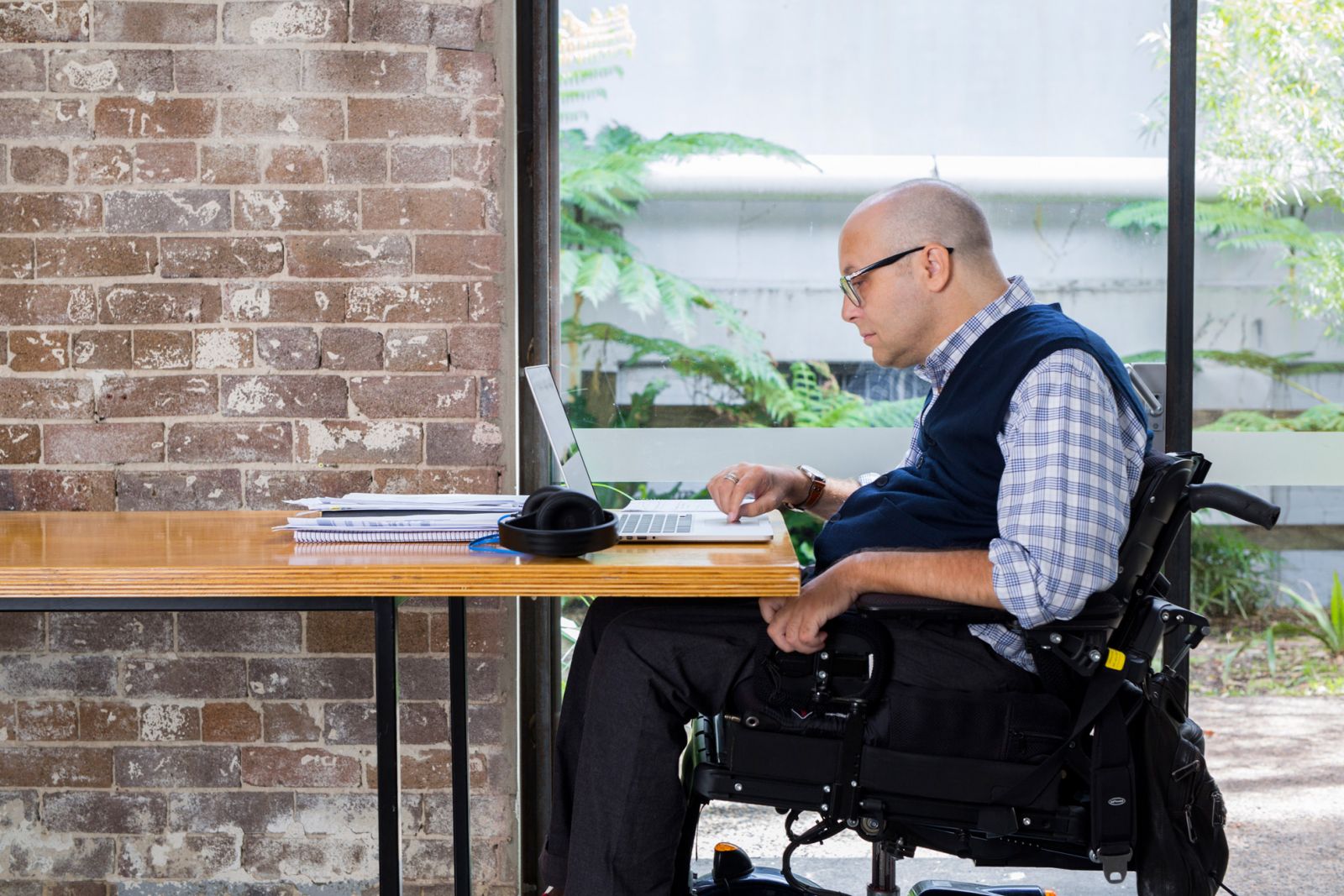Find out more about the researchers involved in the Building Safe and Respectful Cultures pilot research project. Jump to:
Academic Researchers
Professor Peter Oakes
Staffordshire University
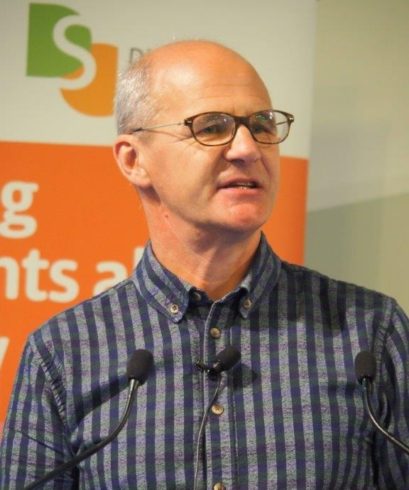 Professor Peter Oakes is a clinical psychologist who has worked in a range of clinical and academic roles. He has held several roles and responsibilities including as an expert consultant in intellectual disability to the World Health Organisation, head of research at the Centre for Applied Research and Evaluation at the University of Hull, and a member of the expert reference group to the Health Care Commission and the National Challenging Behaviour Strategy Group.
Professor Peter Oakes is a clinical psychologist who has worked in a range of clinical and academic roles. He has held several roles and responsibilities including as an expert consultant in intellectual disability to the World Health Organisation, head of research at the Centre for Applied Research and Evaluation at the University of Hull, and a member of the expert reference group to the Health Care Commission and the National Challenging Behaviour Strategy Group.
Peter is interested in keeping people safe in services that are intended to care for people but can so easily end up abusing people. This is connected to the need to establish a firm ethical base for practice in all service settings. Much of his research has involved community based approaches and the evaluation of services and interventions through a programme of evaluative research based with colleagues at the Centre for Applied Research and Evaluation (CARE) at the University of Hull.
Associate Professor Sally Robinson
Southern Cross University, Centre for Children and Young People
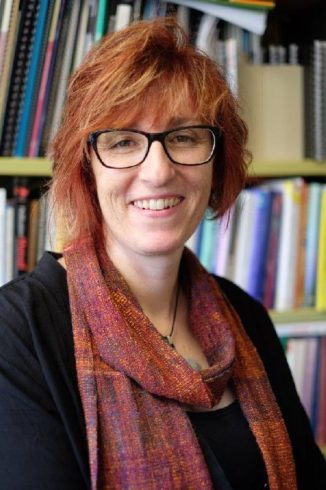 Sally leads the Disability Research Program at the Centre for Children and Young People at SCU. Sally’s interests and expertise centre on the use of creative methods to engage young people with cognitive disability in research to express their perspectives on key issues. She uses participatory and inclusive research approaches with young people with disability in a range of areas, but has particular interests in personal safety and abuse; relationships and paid support; and ethical practice.
Sally leads the Disability Research Program at the Centre for Children and Young People at SCU. Sally’s interests and expertise centre on the use of creative methods to engage young people with cognitive disability in research to express their perspectives on key issues. She uses participatory and inclusive research approaches with young people with disability in a range of areas, but has particular interests in personal safety and abuse; relationships and paid support; and ethical practice.
Sally has contributed to a wide range of research and evaluation in the social policy arena over the past decade, focusing particularly on safety and harm, accommodation and social exclusion concerns of people with disability. She is actively engaged in community and government policy debates, frequently advising on the development of policy and practice on abuse and abuse prevention, the National Disability Insurance Scheme, and community inclusion for children and young people.
Prior to life as a researcher, Sally has a long history of advocacy and support work with people with intellectual disability. She has worked with people with intellectual disability for over 25 years.
Dr Melissa Murphy
University of Melbourne

Melissa is an experienced registered music therapist. She has worked as a clinician over the past 25 years in several sectors including mental health, aged care and disability. Her passion is in working with adolescents and young people with disability to ensure equal access to music, whether that is recreational music, community music, music education or vocational pathways. Her PhD research project was conducted in collaboration with Scope Australia and focused on the role of music in the lives of young people who are transitioning from school. The project involved a group of young people who wished to form a rock band. The band continue to play together and their enthusiasm for performing recently led to the formation of a one-day music festival for inclusive music acts, ‘Diversity Rocks’.
She is a lecturer and tutor for the Master of Music Therapy Course at the University of Melbourne and is the Disability Advisor and NDIS representative for the Australian Music Therapy Association. Melissa’s interest in this project focusses on the ways that music can enable everyone’s voice to be heard.
Jump to top
Francesca Lee

Francesca acquired her brain injury almost ten years ago. She is the current President for Brain Injury Matters (BIM) and has been involved with BIM for five years – since 2014.
Francesca says
“Before BIM, I didn’t come out of my house because of my disability. Everything was & felt so difficult. Since being introduced to BIM I have regained my confidence, learnt new skills and met so many wonderful people. I am an active member of the Voice at The Table project and this is how I found out about the community researcher roles at the DSC. Self-advocacy has changed my life”
William Ward Boas
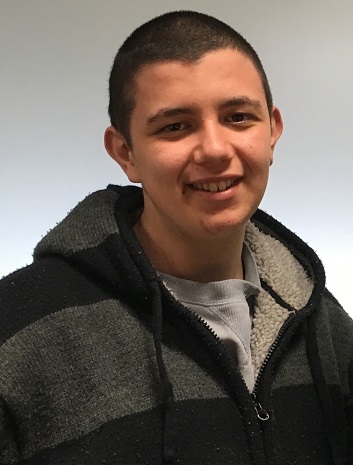
Will is 19 years old and was introduced to the Disability Services Commissioner through VALID. Since being diagnosed on the spectrum at the age of 2 some people (not his family) thought he wouldn’t’ amount to much. To prove them all wrong Will has achieved many things. In 2018-19 alone, he completed his VCAL certificate, got his licence, was accepted into the Youth Disability Advocacy Service Inaugural Youth Leadership program, is continuing with his studies, and is looking forward to undertaking further advocacy work in future. He credits much of his success to having patient and loving parents who never gave up on him and believed he could achieve whatever he set his mind to. He knows not everyone is as lucky as he is to have such a supportive family.
Peta Ferguson

Peta was president of Brain Injury Matters, a self-advocacy group for people with an Acquired Brain Injury from 2010 to 2018 when she retired. She is currently studying part time, and is still very involved in the disability world.
In her own words “I stopped being a community visitor some years ago now because I was frustrated with how I perceived residents across the board were treated. The attitudes ranged from well-meaning patronisation to outright disdain and disregard for human rights.”
Peta became involved in this project to learn more about how other people live and experience their disability service.
Jump to top
DSC Staff Researchers
Marianna
 What interests you about this project?
What interests you about this project?
I’m interested in this project because I think people with disability are the experts in their own lives and they have great ideas on how to prevent abuse. I’m looking forward to learning more from everyone we speak to. I want violence, abuse and neglect experienced by people with disability to stop.
What’s the one thing staff can do to make services better?
First of all everybody needs to get better at listening and believing people with disability. If something bad has happened staff need to remember people with disability have human rights and have the right to be safe.
Who inspires you?
It changes all the time. I do like people who make me laugh. I don’t think we laugh enough.
Dog or cat?
My family has a cat and a dog so I have to say it’s a tie.
Winter or summer?
If I’m in a warm and cosy place Winter. If I’m at the beach summer.
Jodie
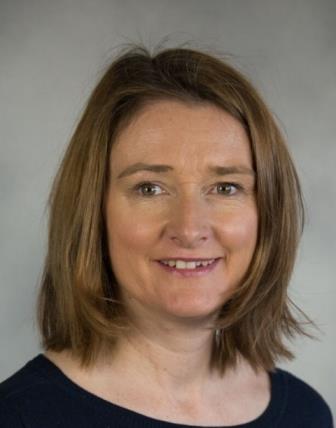 Jodie has been with DSC for over two years. Her role includes delivering information sessions to people with disability, their families and carers. She coordinates DSC involvement at the Having a Say Conference in Geelong including the delivery of workshops to people with a disability, to raise their awareness of their rights and to support them to speak up.
Jodie has been with DSC for over two years. Her role includes delivering information sessions to people with disability, their families and carers. She coordinates DSC involvement at the Having a Say Conference in Geelong including the delivery of workshops to people with a disability, to raise their awareness of their rights and to support them to speak up.
Prior to coming to DSC she assisted in leading a research project at University of Melbourne with the Victoria College of the Arts using actor vocal training techniques to enable young people using hearing technologies to have a voice in the community.
Her own disability gives her a deep understanding that a person with disability is the expert in their own experience. She encourages people wherever she goes to see the value that people bring to the community because of their disability.
Dina
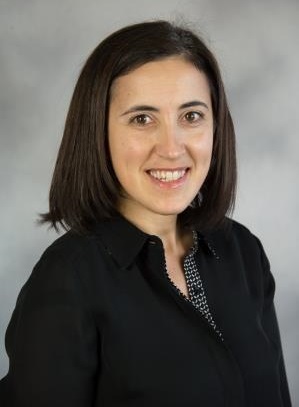 What interests you about this project?
What interests you about this project?
Opportunity to work with self-advocates and to contribute to making disability services safe for everyone.
What’s the one thing staff can do to make services better?
Check in with people. Don’t assume you know what they want. I suppose that’s another way of saying listening. …
Who inspires you?
Hugh Mackay. I like the way he writes and his views around Australia society and community engagement.
Dog or cat?
Cat
Winter or summer?
Winter
Jump to top
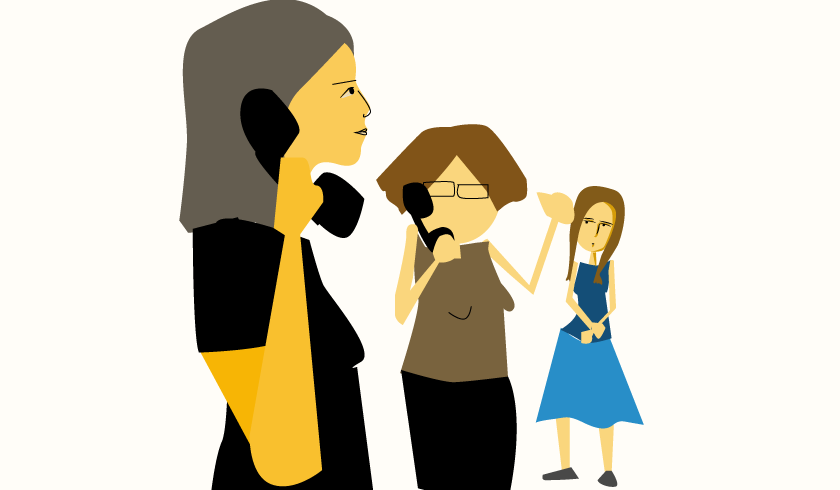
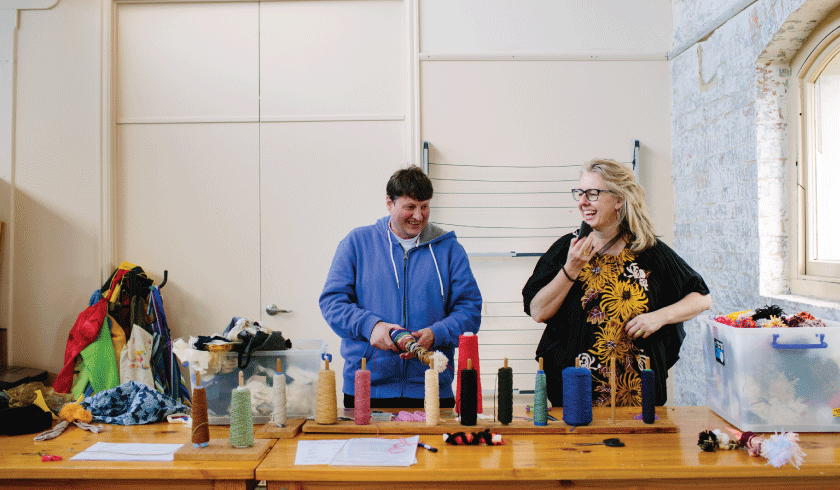
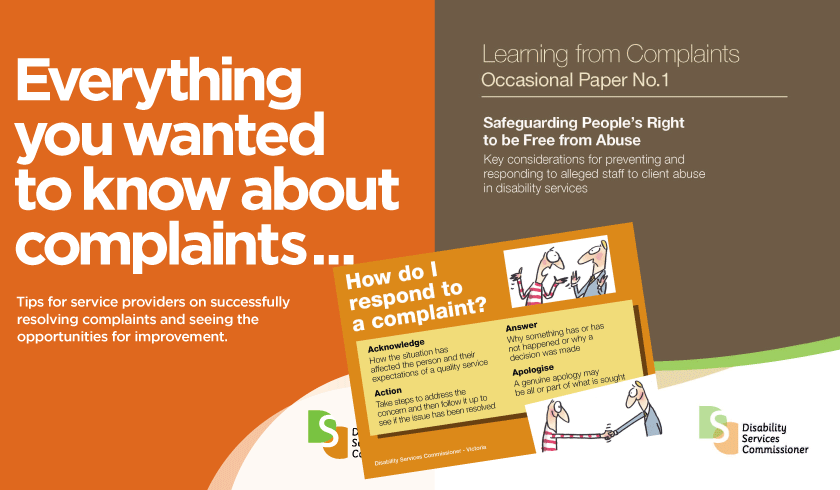
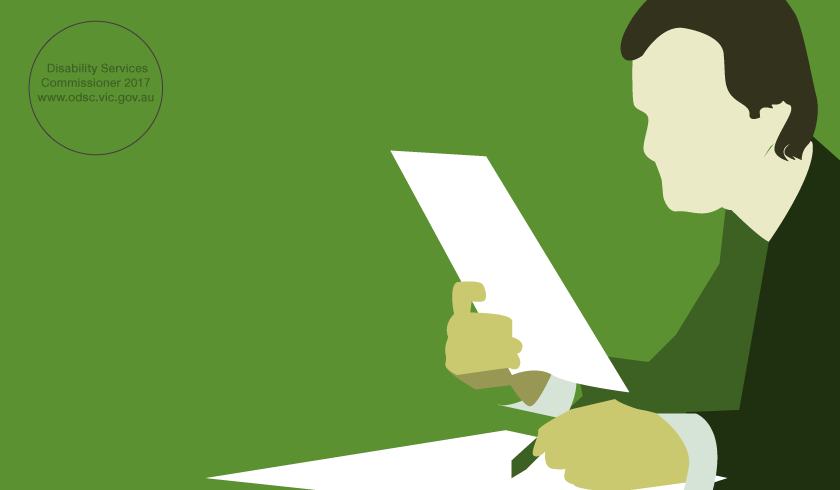
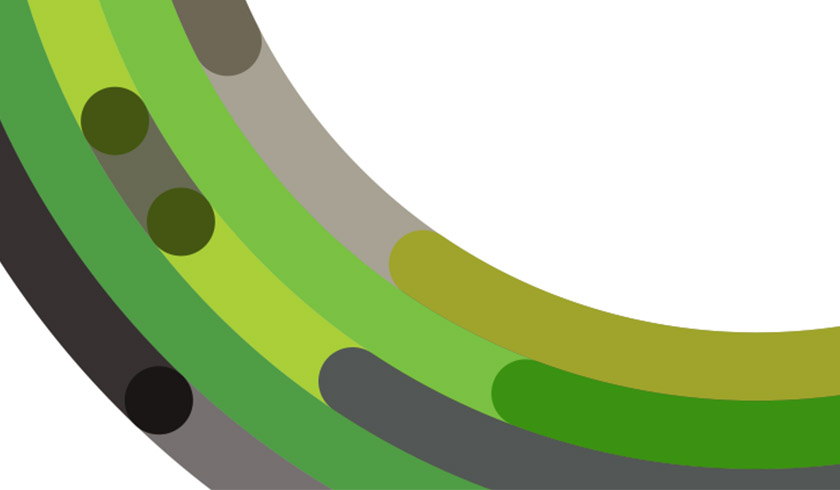

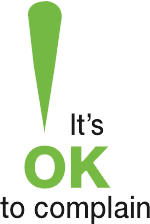
 Professor Peter Oakes is a clinical psychologist who has worked in a range of clinical and academic roles. He has held several roles and responsibilities including as an expert consultant in intellectual disability to the World Health Organisation, head of research at the Centre for Applied Research and Evaluation at the University of Hull, and a member of the expert reference group to the Health Care Commission and the National Challenging Behaviour Strategy Group.
Professor Peter Oakes is a clinical psychologist who has worked in a range of clinical and academic roles. He has held several roles and responsibilities including as an expert consultant in intellectual disability to the World Health Organisation, head of research at the Centre for Applied Research and Evaluation at the University of Hull, and a member of the expert reference group to the Health Care Commission and the National Challenging Behaviour Strategy Group. Sally leads the Disability Research Program at the Centre for Children and Young People at SCU. Sally’s interests and expertise centre on the use of creative methods to engage young people with cognitive disability in research to express their perspectives on key issues. She uses participatory and inclusive research approaches with young people with disability in a range of areas, but has particular interests in personal safety and abuse; relationships and paid support; and ethical practice.
Sally leads the Disability Research Program at the Centre for Children and Young People at SCU. Sally’s interests and expertise centre on the use of creative methods to engage young people with cognitive disability in research to express their perspectives on key issues. She uses participatory and inclusive research approaches with young people with disability in a range of areas, but has particular interests in personal safety and abuse; relationships and paid support; and ethical practice.



 What interests you about this project?
What interests you about this project? Jodie has been with DSC for over two years. Her role includes delivering information sessions to people with disability, their families and carers. She coordinates DSC involvement at the Having a Say Conference in Geelong including the delivery of workshops to people with a disability, to raise their awareness of their rights and to support them to speak up.
Jodie has been with DSC for over two years. Her role includes delivering information sessions to people with disability, their families and carers. She coordinates DSC involvement at the Having a Say Conference in Geelong including the delivery of workshops to people with a disability, to raise their awareness of their rights and to support them to speak up. What interests you about this project?
What interests you about this project?